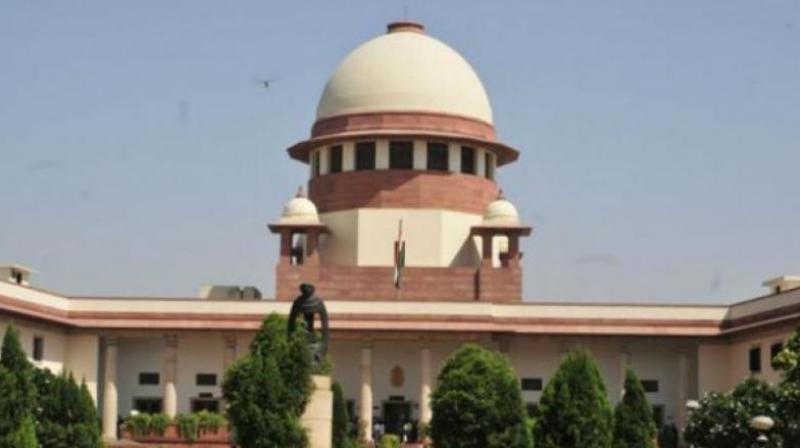Landmark judgment evokes mixed reactions
The court which rejected the petition in 2011 however on Friday in a landmark judgment has stamped its approval.

KOCHI: The issue of the individual's right for a dignified death has been a subject of serious discussion and debate in the country amongst the legal luminaries, medical experts, human right activists, religious leaders and policy makers after a media person sought permission of the Supreme Court in January 2011 for conducting euthanasia on Aruna Shanbaug, a rape victim lying in a vegetative state since 1973. The court which rejected the petition in 2011 however on Friday in a landmark judgment has stamped its approval for the idea of an individual's right to choose a dignified death in case she/he finds terminally ill without any chance of recovery.
Dr K. Suresh Kumar, the director, WHO Collabor-ative Centre, Institute of Palliative Medicine (IPM), told DC that the move of the Supreme Court giving legal sanction for passive euthanasia is a positive one. This is contrary to one of its earlier verdicts against allowing euthanasia, he said, adding that the verdict can be considered as a small step towards assuring a death with dignity to a dying patient. At present one can keep the heart of a dead person beating through prolonged medical intervention. Earlier when the heart stopped then the patient was declared dead. But now by placing a person in ventilator, life of a dead person can be kept in flicker through technology which can be ended with the verdict. It is good that such painful, futile and prolonged interventions could be averted.
It can be a game changer in terminal care in India if combined with steps to ensure good palliative care services in the community and to bring 'death and dying' as a topic of discussion in the civil society. Let it be a positive beginning, Dr Kumar said.
Dr Sulphi N state secretary of Indian Medical Association (IMA) has expressed reservations about the verdict of the apex court. Euthanasia is not at all welcome for medical community. We have only learned to save lives and reduce pain.
There is no medical education which talks about killing somebody. Euthanasia cannot be accepted. They will have to withdraw supportive system for terminally ill patients. Even in that case it is unfair to do such a thing in most situations.
There are so many bed-ridden patients whose quality of life can be improved through various support mechanism and modern tools of treatment. The system of passive euthanasia is also likely to increase allegations against the medical fraternity.
Dr A Marthanda Pillai, a medical practitioner said under the Indian conditions, passive euthanasia needs to be treated with caution. Who will take the decision, how will it be taken and what will be the procedure are questions that will have to be addressed, he said. Such measures have to wait till the society achieves highest norms of ethics and a fool proof system of evaluation and examination. In the absence of this there is a huge possibility of measures like passive euthanasia being misused. The elderly people who are already neglected and the differently-abled could become vulnerable in such a situation, he said.
The Kannur-based Human Rights Collective however has been campaigning against the idea of passive euthanasia for long. The collective held the campaign mainly against the plan of the Union Government to bring a legislation to make passive euthanasia legal on the ground that such a measure will have serious ramifications in a country like India. Expressing fears that the proposal would open floodgates of medically sanctioned murder, the collective launched a signature campaign against the proposal.
Dr. Khadeeja Mumtaz, a medical professional and a well known author, has also expressed apprehensions about the possible negative fallout of legalizing passive euthanasia.

